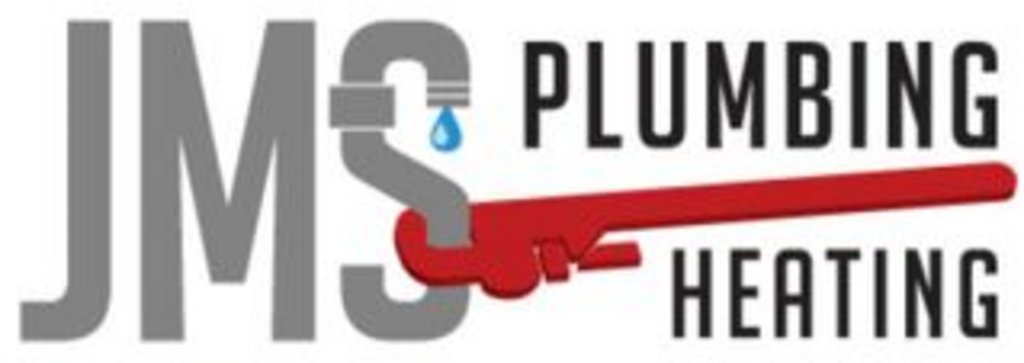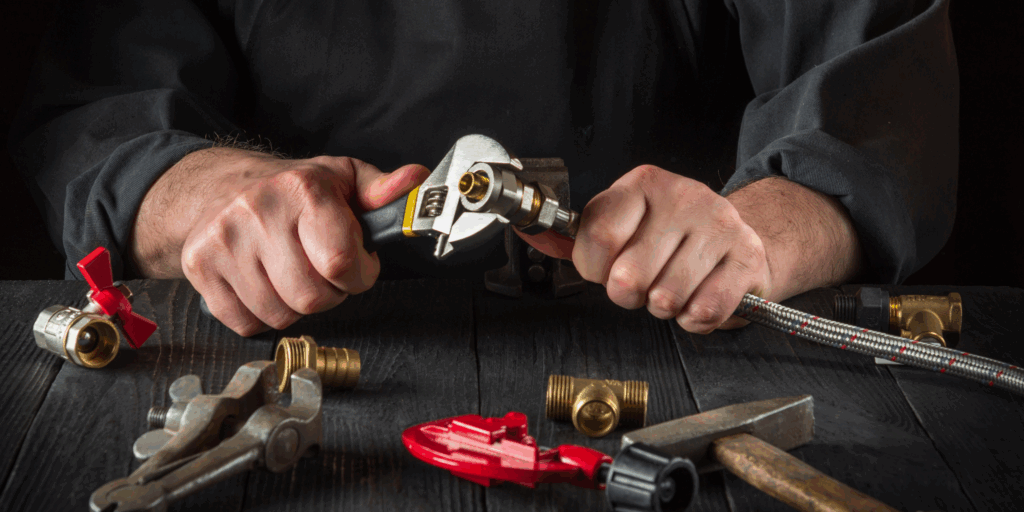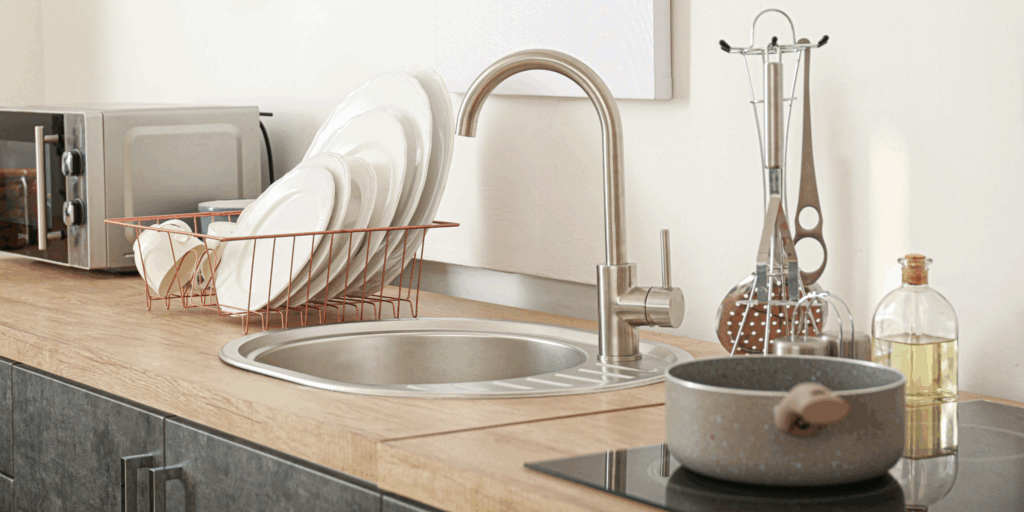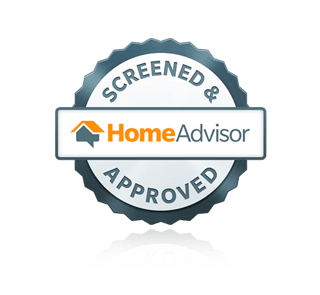we’ve spent over 20 years helping homeowners and businesses navigate the ups and downs of plumbing maintenance.
After two decades in the field, we’ve seen it all, from flooded basements to backed-up toilets and everything in between. Plumbing issues can start small but escalate quickly into hazardous and costly disasters if not properly managed. In this post, we’ll explore some of the most common plumbing hazards and the everyday items often at the root of these problems.
Why Plumbing Hazards Matter
Plumbing isn’t just about convenience, it’s about safety. Hidden leaks can cause mold, faulty connections can contaminate drinking water, and backups can pose serious health risks. Understanding potential hazards is the first step in protecting your home and your family.
Top 7 Plumbing Hazards and What Causes Them
1. Clogged Drains and Sewer Backups
-
Hazard: Clogged drains can lead to slow drainage, foul odors, and eventually complete sewer line backups.
-
Common Culprits:
-
Grease and oil poured down kitchen sinks
-
Hair and soap scum in bathroom drains
-
“Flushable” wipes, feminine hygiene products, and cotton balls in toilets
-
-
Prevention Tip: Use drain screens, never flush anything besides toilet paper, and avoid dumping grease down the sink.
2. Leaking Pipes
-
Hazard: Leaks waste water, increase bills, and cause water damage and mold growth.
-
Common Causes:
-
Corrosion due to age or chemical reactions in water
-
Freezing temperatures causing pipe expansion
-
High water pressure
-
-
Prevention Tip: Insulate pipes, monitor your water pressure, and have old plumbing inspected regularly.
3. Water Heater Failures
-
Hazard: A malfunctioning water heater can result in scalding water, flooding, or even explosions in extreme cases.
-
Warning Signs:
-
Popping or rumbling noises
-
Rust-colored water
-
Pooling water around the unit
-
-
Prevention Tip: Flush your water heater annually and schedule professional inspections every couple of years.
4. Faulty or Aging Fixtures
-
Hazard: Old faucets, toilets, and showerheads can develop leaks or fail entirely.
-
Common Issues:
-
Constant dripping or running water
-
Cracks or corrosion
-
-
Prevention Tip: Replace aging fixtures with modern, water-efficient models. Regular checks can save you from surprise breakdowns.
5. Cross-Connections and Contaminated Water
-
Hazard: A cross-connection between potable and non-potable water sources can lead to contamination and serious health risks.
-
Examples:
-
Garden hose left in a pool or bucket
-
Backflow from irrigation systems
-
-
Prevention Tip: Install backflow prevention devices and never submerge hoses in standing water.
6. DIY Plumbing Gone Wrong
-
Hazard: Well-intentioned DIY plumbing repairs can violate building codes, worsen leaks, or create safety issues.
-
Common Mistakes:
-
Improper use of sealants or fittings
-
Failure to shut off water supply before repairs
-
-
Prevention Tip: Know your limits and call a licensed plumber for anything beyond basic maintenance.
7. Tree Root Intrusion
-
Hazard: Roots from nearby trees can grow into sewer lines, leading to severe blockages and pipe collapse.
-
Warning Signs:
-
Frequent clogs or slow drains
-
Gurgling toilets
-
Sewage smells in the yard
-
-
Prevention Tip: Avoid planting trees near sewer lines and schedule periodic inspections with a drain camera.
Bonus: Items That Don’t Belong in Your Plumbing System
Despite good intentions, some household items should never go near your plumbing. Here’s a quick list of troublemakers:
-
Coffee grounds
-
Eggshells
-
Rice and pasta
-
Paper towels
-
Cat litter
-
Paint and household chemicals
Even if your garbage disposal can handle it, that doesn’t mean your pipes will.
What to Do If You Suspect a Plumbing Hazard
If you notice unusual sounds, slow drains, water spots, or a sudden spike in your water bill, it’s time to call a professional. Early detection and intervention are key to avoiding costly repairs and unsafe living conditions.
At JMS Plumbing, we offer 24/7 emergency services and routine inspections to help keep your plumbing safe and reliable.
Plumbing is one of those systems we tend to ignore—until something goes wrong. But with a little awareness and the right preventative measures, you can avoid most of the common plumbing hazards.




